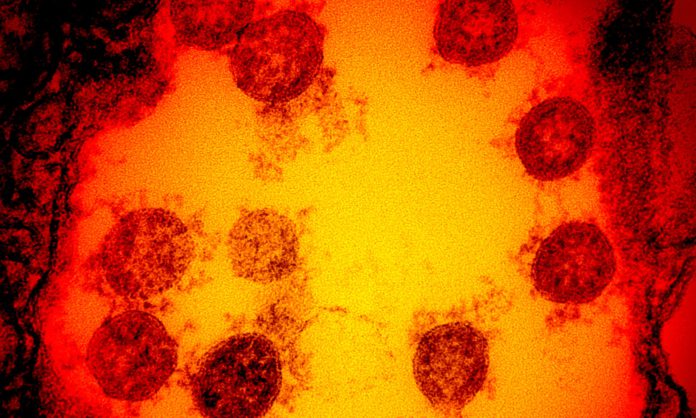- Autoantibodies are antibodies produced by the body against its own cells and organs.
- Scientists at Yale University compared autoantibodies in hospitalized COVID-19 patients with healthy individuals. مواقع الرهان على المباريات
- Findings revealed autoantibodies in severe COVID-19 patients that formed against proteins part of the body’s immune system
Previous studies have shown that patients with no history of autoimmune disorders often develop autoantibodies after contracting COVID-19. Similar to autoimmune disorders, COVID patients develop autoantibodies against interferons and the nucleus of cells. However, it’s unclear as to what the clinical and immunological impact of these autoantibodies is.
Antibodies are the body’s natural defense against foreign organisms. However, often at times, the body can produce autoantibodies, which are antibodies against its own proteins. Thus, resulting in autoimmune disorders such as rheumatoid arthritis and inflammatory bowel disease. العاب تربح فلوس It is not clear as to why some people develop these autoantibodies, but scientists suggest it’s likely due to genetic and environmental factors.
Autoantibodies in COVID-19 Patients Attack the Immune System
Researchers at Yale University aimed to investigate the impact of these autoantibodies on disease progression. They screened 194 COVID patients and healthcare workers with varying severity of infections. سباق احصنة Using a newly developed technique called Rapid Extracellular Antigen Profiling (REAP), the researchers screened for over 2,000 human proteins. They compared their findings with a control group of healthcare workers not infected by the virus.
According to the study, which is yet to be peer-reviewed and published in a journal, infected patients had a large number of autoantibodies against important immunomodulatory proteins such as cytokines and interferons. This resulted in a weaker immune response to the virus and a more severe disease in the individuals. Furthermore, two of the hospitalized patients also had autoantibodies against B cells and T-cells.
Covid-19 patients make autoantibodies that actually interfere with immune responses against the virus, We certainly believe that these autoantibodies are harmful to patients with Covid-19 because antibodies can persist for a long time, it’s conceivable that they may contribute to the development of long-Covid diseases.
Aaron Ring, lead author
Could This Cause Long-COVID?
Results suggest that the presence of these autoantibodies can lead to a more severe disease. Although it is evident that coronavirus can lead to an autoimmune disease in some people, it is unclear as to why that happens. Furthermore, scientists are unaware of how long these autoantibodies can last in the body.
Post-Covid syndromes could plausibly be caused by long-lived autoantibodies that persist well after the virus is cleared from the body. If this is the case, there are immunosuppressive treatments, such as those used for rheumatological diseases, that could be effective.
Aaron Ring, lead author
Although COVID-19 can lead to greater number of autoantibodies, scientists did not find any COVID-19 specific autoantibodies in the patients.
Reference:
Wang, Eric Y., et al. “Diverse Functional Autoantibodies in Patients with COVID-19.” 2020, doi:10.1101/2020.12.10.20247205.
Vlachoyiannopoulos PG, Magira E, Alexopoulos H, et al. Autoantibodies related to systemic autoimmune rheumatic diseases in severely ill patients with COVID-19. Annals of the Rheumatic Diseases 2020;79:1661-1663.




